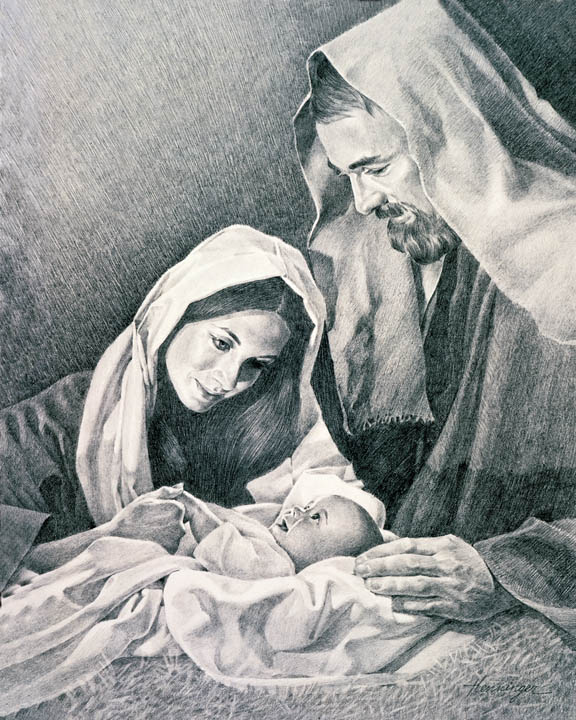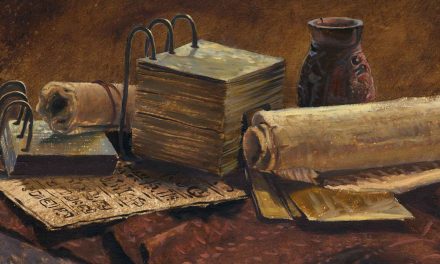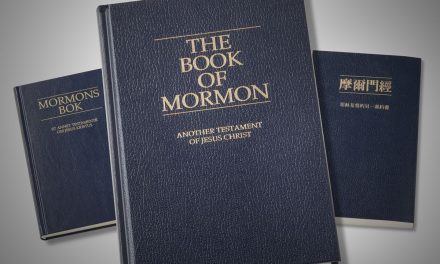The Book of Mormon: Chapter Eleven: 2 Nephi 17-24
1And it came to pass in the days of Ahaz the son of Jotham the son of Uzziah, king of Judah, that Rezin, king of Syria, and Pekah the son of Remaliah, king of Israel, went up toward Jerusalem to war against it, but could not prevail against it.
2And it was told the house of David, saying: Syria is confederate with Ephraim. And his heart was moved, and the heart of his people, as the trees of the wood are moved with the wind.
3Then said the Lord unto Isaiah: Go forth now to meet Ahaz, thou and Shearjashub thy son, at the end of the conduit of the upper pool in the highway of the fuller’s field;
4And say unto him: Take heed, and be quiet; fear not, neither be faint-hearted for the two tails of these smoking firebrands, for the fierce anger of Rezin with Syria, and of the son of Remaliah.
Seven hundred years before the birth of the Savior, the Prophet Isaiah, looking down the vista of time, saw the Latter-day gathering of the scattered House of Israel, and said concerning them: ‘They shall fly upon the shoulders of the Philistines toward the West.’
An Apostle of the Lord in our day, explains this prophecy:
We recognize the fulfilment of that prophecy in the founding of this Church (The Church of Jesus Christ of Latter-day Saints) by Joseph Smith, a lineal descendant of Abraham, Isaac and Jacob, who thus lifted the Ensign for the gathering of their descendants from their long dispersion among the nations. But a part of the fulfilment rests with the Gentiles. Their steamships, their railroads, their means of rapid transit and communication—these are ‘the shoulders of the Philistines,’ upon which the children of Ephraim have been and are being brought to the West, to the land of Zion, where the New Jerusalem is to rise, where the pure in heart will assemble, and the necessary preparation be made for the coming of the Lord in his glory. God works outside as well as inside his Church, and uses big things and little things for the accomplishment of his purposes (Orson F. Whitney, in Conference Report, Oct. 1919, p. 69).






Recent Comments